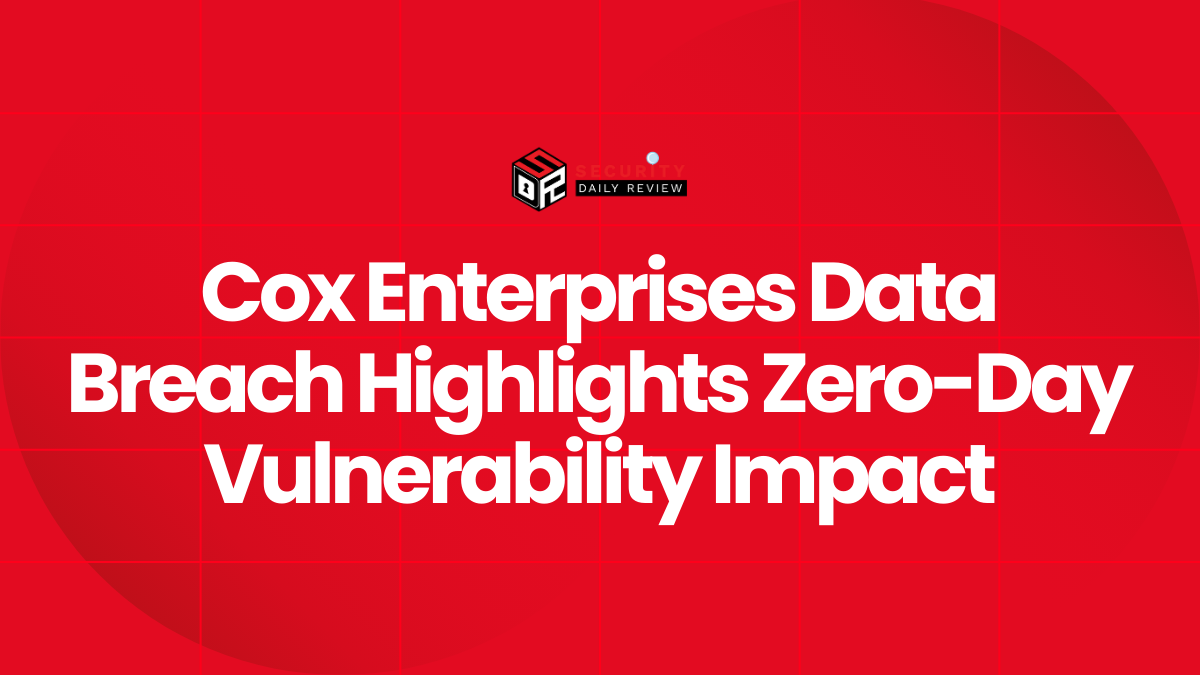Cox Enterprises has disclosed a significant data breach affecting the personal information of many individuals. The breach occurred after cybercriminals successfully exploited a zero-day vulnerability within the widely used Oracle E-Business Suite, gaining unauthorized access to Cox’s network.
The Zero-Day Exploit and Cox Breach Mechanics
Zero-day vulnerabilities are software flaws unidentified by developers and unpatched at the time of discovery by malicious entities. These security gaps present severe risks, as threat actors can exploit them before they are publicly disclosed or fixed.
Oracle E-Business Suite at Risk
The Oracle E-Business Suite, a comprehensive package of enterprise resource planning (ERP) tools, unfortunately, became the vector for the security breach at Cox Enterprises. Cybercriminals leveraged an unpatched zero-day flaw which facilitated unauthorized network access.
- These tools are integral for managing company-wide operations, increasing their appeal to malicious actors.
- Unpatched vulnerabilities in such high-stakes systems pose profound risks to data integrity and security.
Consequences of the Cox Data Breach for Impacted Individuals
Implications for Data Integrity and Individual Security
Personal data, once exposed during a breach, can lead to manifold complications for affected individuals. Cox Enterprises, appreciating the seriousness of this incident, has promptly informed those impacted, highlighting their commitment to transparency and swift communication.
Key Concerns Cox Enterprises Post-Breach
- Identity Theft: With personal data exposed, there is a heightened risk of identity theft, prompting affected individuals to remain vigilant regarding their financial accounts.
- Financial Fraud: Exposed information could potentially enable perpetrators to conduct unauthorized financial activities.
- Privacy Intrusions: Personal information in unauthorized hands could also result in unwanted surveillance or harassment.
Cox Enterprises’ experience underscores the criticality of maintaining up-to-date cybersecurity defenses, particularly in the face of zero-day vulnerabilities. By learning from this incident, organizations can better prepare and implement safeguards to protect data and maintain consumer trust.









